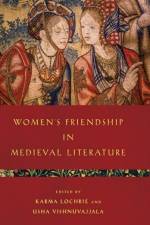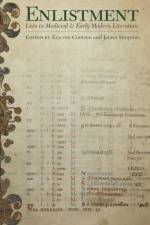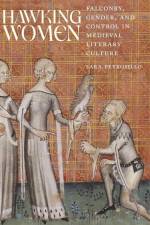av Karma Lochrie
1 551
In Women's Friendship in Medieval Literature, Karma Lochrie and Usha Vishnuvajjala bring together established scholars and new voices to illuminate a previously understudied but consequential element of life in the Middle Ages. Contributors focus on representations of women's friendships in medieval European literature and their afterlives both to historicize them and draw out the finer nuances of the multitude of forms, affects, values, and ethics that emerge within those friendships. This volume examines works by Chaucer, Gower, Malory, Marie de France, female saints, and late-Middle Scots poets alongside lesser-known late medieval lyrics and Middle English romances to chart women's friendships and their many and sometimes conflicting affinities with the cultural categories of gender, religion, politics, and sexuality. In addition to exploring the parameters of female friendship across a range of texts and historical contexts, contributors evaluate the political, religious, and civic structures negotiated in public and private and engage with the long history of theory and philosophy on friendship. The result is a theoretical and historical rubric for the future study of women's friendships in medieval texts and beyond. Contributors: Penelope Anderson, Andrea Boffa, Jennifer N. Brown, Christine Chism, Melissa Ridley Elmes, Laurie Finke, Carissa M. Harris, Lydia Yaitsky Kertz, Clare A. Lees, Karma Lochrie, Gillian R. Overing, Alexandra Verini, Usha Vishnuvajjala, Stella Wang



